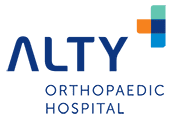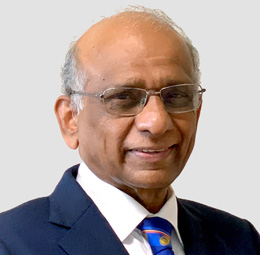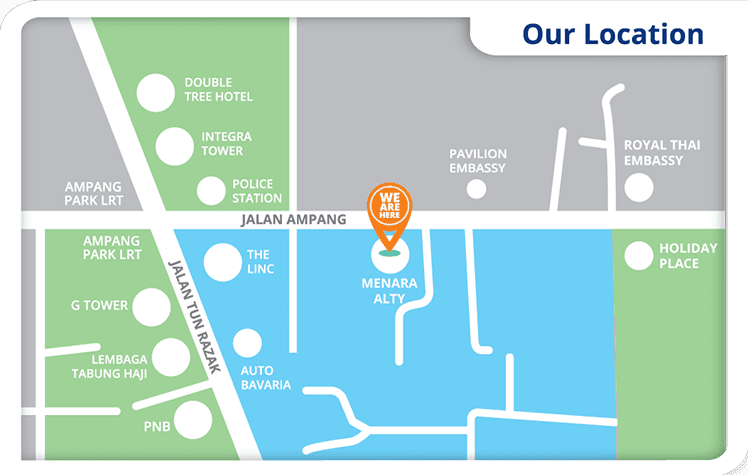Spine
Introduction
The spine provides stability and structure to your body. A healthy spine allows you to be mobile and pain free. The spine also protects vital organs such as the spinal cord, a column of nerve that connects the brain to the rest of your limbs.
Conditions
Some of the most common conditions affecting the spine include:
- Arthritic disorders
- Failed back surgery
- Nerve compression
- Scoliosis
- Spinal stenosis
- Whiplash
- Spinal instability - spondylolisthesis
- Cervical and lumbar disc herniations – “Slipped Disc”
- Spinal infections
- Vertebral Compression Fractures (VCF)
- Spinal fractures due to trauma
- Spinal tumours
Diagnostic Options
- X-ray
- Computerized Tomography (CT) scan
- Diagnostic ultrasound
- Dual energy X-ray Absorptiometry (DXA)
- Electromyogram (EMG) or Nerve Conduction Velocity (NCV) testing
- Magnetic Resonance Imaging (MRI)
- Magnetic Resonance Arthrography (MRA)
- Needle or open biopsy
- Positron Emission Tomography (PET) scan
- Bone scans
- Discography
- Selective Nerve Root Block (SNRB)
- Joint injections
Note: Most common diagnostic tools in the spine are X-ray, MRI, CT-Scan with 3D reconstruction and Electromyography (EMG).
Treatments
Treatments for spinal conditions range from non-invasive approaches such as braces and physical therapy to modern surgical methods such as spinal injections and spinal surgery. Your treatment plan will be tailored by our specialists to manage and address the cause of your symptoms.
- Non-surgical treatment:
Some spinal injuries can be treated without surgery. Below are some treatment options that our specialists may recommend during your treatment.- Spinal orthosis / bracing
- Ice or heat therapy for injuries
- Injections such as corticosteroids or nerve blocks for pain
- Medications such as anti-inflammatories (NSAIDs), pain relievers, or muscle relaxers
- Physical therapy
- Surgical treatment:
In certain indications, surgery is recommended as an option to manage your spine condition. Our spine surgeons are familiar with the latest surgical techniques including minimally invasive surgery and robotic navigation. Some of the procedures of spinal surgery are listed below:- Radiofrequency ablation / Percutaneous laser disc decompression
- Endoscopic or open micro-discectomy
- Endoscopic spinal decompression and fusion
- Spinal laminectomy / Spinal decompression
- Minimal invasive / Open spinal instrumentation and fusion
- Scoliosis / Deformity corrective surgery
- Vertebroplasty and Kyphoplasty
- Artificial disc replacement
- Corrective spine osteotomy
The spine team at ALTY takes a holistic approach to your care. Our dedicated doctors, nurses and allied health professionals are here to help you all the way from diagnosis, treatment to post-surgical care.
Rehabilitation
Spinal injury is a debilitating condition. Our team of experts will work closely with you to help regain mobility after spinal injury. Your doctor will recommend a rehabilitation program to help optimise your recovery. Our expert team of allied health professionals is here to guide you along the way.
Our Specialists
ALTY is the new innovative orthopaedic healthcare provider in Malaysia. Our medical experts work together to provide comprehensive orthopaedic services that best suit your condition and lifestyle. Our team of orthopaedic specialists are trained to utilize advanced technologies to deliver the best patient care and experience.
Meet your surgeons.
 +6012-637 7646
+6012-637 7646 
 DATO' DR. K.S. SIVANANTHAN
DATO' DR. K.S. SIVANANTHAN Dr. Wong Chung Chek
Dr. Wong Chung Chek DR. LIM SZE WEI
DR. LIM SZE WEI Dr. Lee Chee Kean
Dr. Lee Chee Kean  Dr. Faizal Manan Augustin - Visiting
Dr. Faizal Manan Augustin - Visiting

